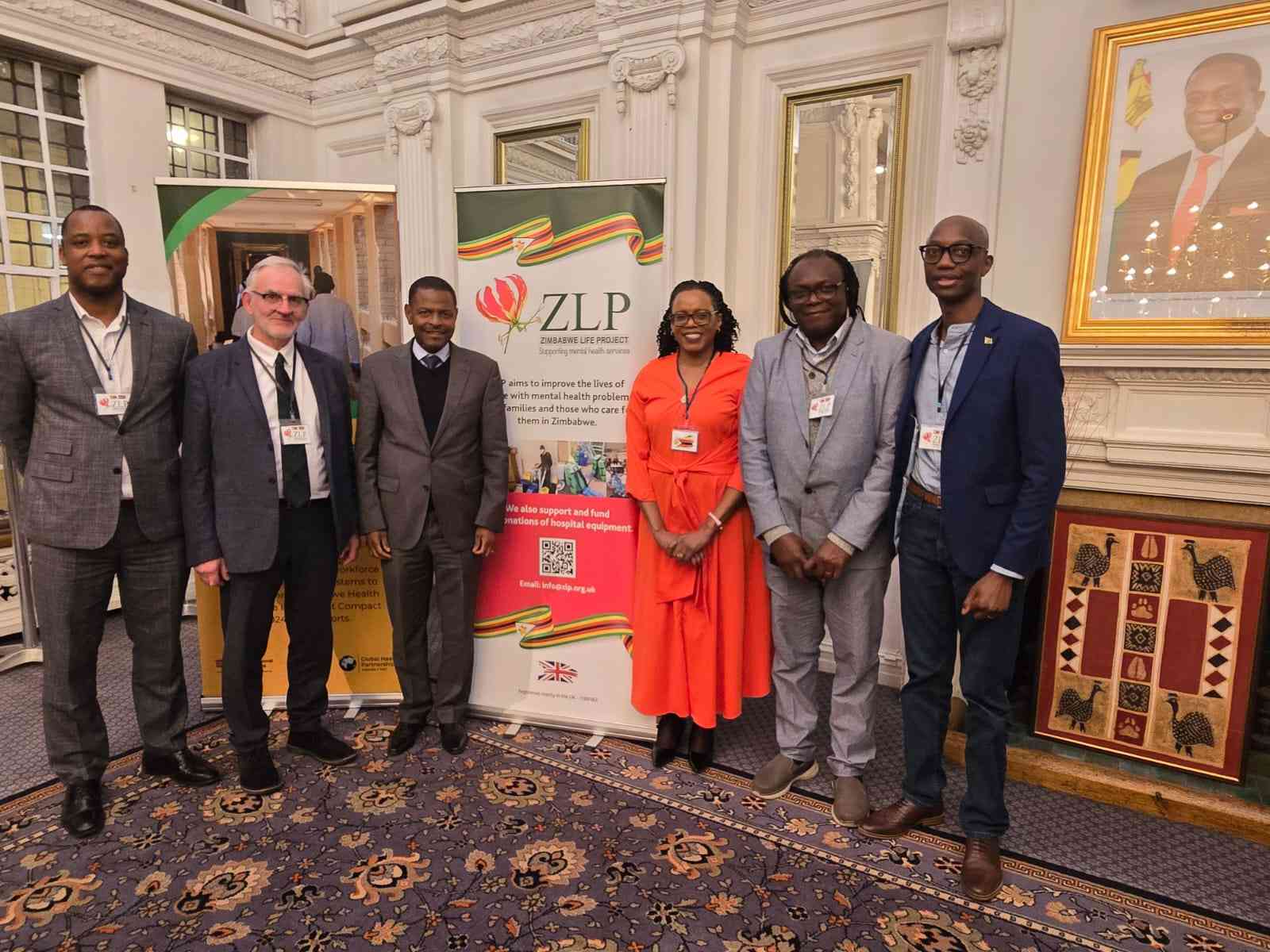
As discussed in previous articles, mental health is defined as a state of well-being in which an individual realises his or her own potential, can cope with the normal stresses of life, can work productively and fruitfully, and is able to make a meaningful contribution to their community.
Conflict is a normal part of both personal and professional relationships. When conflict is resolved successfully it can help us understand ourselves and others better and help strengthen our relationships. Unresolved conflict, however, can have a detrimental impact on our relationships and our mental wellbeing.
How does conflict affect our mental wellbeing?
Disagreements in relationships occur when both parties feel misunderstood, unheard and threatened in some way. Conflict can result from differences in ideas, opinions, motives, desires, values and beliefs. Conflict, particularly when not confronted directly and mishandled can result in:
- Stress
- Anxiety
- Depression
- Poor sleep
- Relationship breakdown
- Excessive alcohol use
- Substance use
- Decreased productivity and burnout
- Demotivation
- Resentment and bitterness
- Relationship breakdown
How we handle conflict can also affect our relationships. There are five types of conflict resolution that have been described namely competing, avoiding, accommodating, compromising and collaborating.
- Competing approach to conflict resolution is when the conflict becomes a power struggle between the two parties and the two parties compete for control over the relationship. This will eventually result in relationship breakdown as both parties continue to value to issue over the relationship.
- Avoidant approach to conflict resolution is when one or both parties in a relationship avoid discussing the issues causing conflict.
This avoidance may be because of fear of losing the relationship or fear of how the other party will respond when confronted. This approach may give a temporary sense of peace but it perpetuates chronic unresolved conflict that can eventually cause relationship breakdown.
- Accommodating approach to conflict resolution is when one party consistently ‘gives in’ to the other party to maintain peace during a conflict. This again gives a temporary sense of peace but unfortunately is not a sustainable way of maintaining a relationship. One should be able to express their opinion and needs in a healthy relationship and not always be the one to give in.
- Compromising approach to conflict resolution is finding a middle ground and usually partial satisfaction for either party in a conflict and is one of the healthier approaches to resolving conflict although it may not always be possible to find a fair middle ground.
- Collaborative approach to conflict resolution is the healthiest form of conflict resolution where the two parties take an approach of us against the problem, and they work together to find out how the conflict has arisen and the most suitable solution that will preserve the relationship.
How do common mental health problems affect our ability to resolve conflict successfully?
Common mental health problems such as depression, anxiety, stress, alcohol and substance use can affect our ability to successfully resolve conflict. Stress, anxiety and depression and compromise our ability to be empathetic and calm in order to discuss an issue causing conflict constructively and work on possible solutions.
- Mental health must be a priority at our workplaces
- ‘Art therapy critical in combating mental disorders’
- NGO ‘builds bridges’ in Mberengwa
- Be ethical, Potraz tells content creators
Keep Reading
Alcohol and substances are often used in order to avoid conflict but can also unfortunately escalate conflict due to disinhibition.
What can I resolve conflict better for my mental wellbeing?
- Be aware of your own emotions and what triggers difficult emotions in you
- Be empathetic to the experiences and emotions of the other party
- Avoid attempts at conflict resolution while highly emotional or angry
- Avoid attacking the other party’s behaviour or character. When we feel attacked we often become defensive and this does not aid in conflict resolution. Rather talk about how the issue of conflict has affected you and how it has made you feel
- Listen. The large part of resolving conflict is learning to listen attentively, listen to try and understand the other party and not just listening in order to figure out how to answer back
- Remember that relationships and people are more important than most issues that we fight over. It is best to be reconciled than to win every argument.
If you think that you or someone that you know maybe struggling with mental health challenge linked to unresolved conflict, please contact your nearest health care provider and get help.
- Dr Chido Rwafa-Madzvamutse is a consultant psychiatrist. Feedback on WhatsApp: +263714987729)










